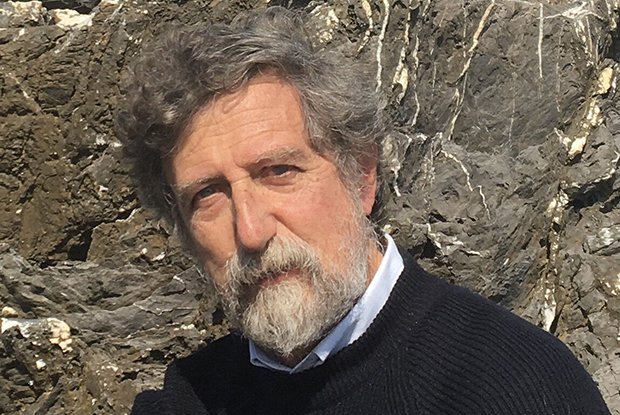Outreach
Our outreach activities provide a more inclusive and collaborative way for scientists, educators, policymakers, and wider society to engage with scientific research.
Science for kids
Frontiers for Young Minds is Frontiers' philanthropic outreach program involving young people aged 8-15 in the review process of real scientific papers and brings the latest, cutting-edge research into the classroom. The journal is available in English, Hebrew and Arabic and is generously supported by the Jacobs Foundation, the Patrick & Lina Drahi Foundation, and the King Abdullah University of Science Technology.
3,850
Young Minds
680
mentors
800
total articles
14,410,472
total article views and downloads
2021 The Nobel Collection
52 million
total social media views
The Nobel Collection covers science’s role in addressing today’s global challenges. The collection connects young minds with some of today’s most distinguished scientists and provides access to engaging learning material covering groundbreaking research from the last twenty years.
How do we find our way? Grid cells in the brain
May-Britt Moser, awarded The Nobel Prize in Physiology or Medicine 2014
Computer Simulations in Service of Biology
Michael Levitt, awarded The Nobel Prize in Chemistry 2013
Quasi-Crystal, Not Quasi-Scientist
Dan Shechtman, awarded The Nobel Prize in Chemistry 2011
The Transcription of Life: from DNA to RNA
Roger D. Kornberg, awarded The Nobel Prize in Chemistry 2006
Targeted Degradation of Proteins – the Ubiquitin System
Aaron Ciechanover, The Nobel Prize in Chemistry 2004
“I’m honoured to contribute to the journal Frontiers for Young Minds. Children are born curious, with passion for questions and with light in their eyes. As a scientist, I feel privileged to be able to ask questions that I think are important. I hope the papers in this journal may help nurture and reinforce children’s passion and curiosity for science – what a gift to humanity that would be!”
May-Britt Moser, Awarded The Nobel Prize in Physiology or Medicine 2014
2021 article
highlights
Climate change
Turning CO2 into stone is a natural way to reduce CO2 emissions and slow down climate change.
April 12, 2021 | 12,000 views
Dark matter
How scientists use science and observations from telescopes to predict the existence of dark matter.
May 4, 2021 | 17,000 views
Policy Labs
Our Policy Labs initiative strengthens the connection between scientific research and informed policymaking. The Covid-19 pandemic and the climate emergency are two challenges among many that we must now address.
Editor-in-Chief
Jean Claude Burgelman
Editor-in-Chief of Frontiers Policy Labs
Jean Claude Burgelman, Professor of Open Science Policy at the Free University of Brussels and former Head of Unit for Open Science Policy at the European Commission, hosts in-depth conversations and analysis with experts in policy, business, and academia.
Podcasts
Global systems
Professor Ian Goldin, Oxford University, discusses the impact of Covid-19 on global systems.
1 July 2021
Open science
Heather Joseph, SPARC, discusses the role of open science in the Covid-19 pandemic.
2 August 2021
Video conversations
What role do
foundations have?
Dr Georg Schütte, Volkswagen Foundation, explains the role of research in tackling global challenges.
19 April 2021
The role of
social science
Prof. Helga Novotny, ERC, talks about the role of the social sciences in addressing the public policy challenges posed by COVID-19.
25 June 2021
Scientific response to the COVID-19 virus
Prof. James Wilsdon, Research on Research Institute, discusses the impact of COVID-19 on the speed and availability of science funding.
7 January 2021
Commentaries
Science at the
table of policy
Professor Ruth Morgan, University College London, addresses why science needs to become a standard part of public policy.
6 August 2021
A new worldview
on global challenges
Professor Paolo Vinies, Imperial College, shares his health and climate change insights on the G7 shared agenda.
2 August 2021
Evidence
How to be
prepared next time
Luc Debruyne, CEPI, provides his perspective on the global pandemic response and how to be prepared next time.
25 June 2021























